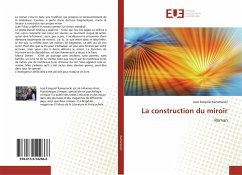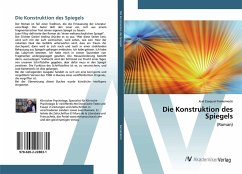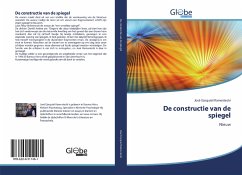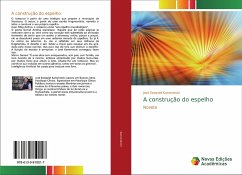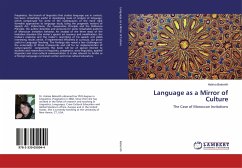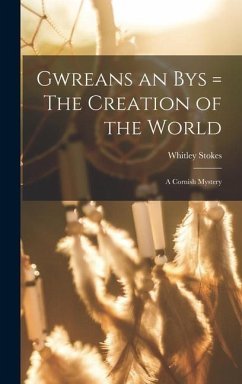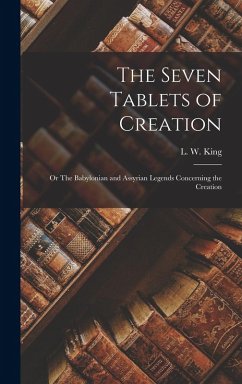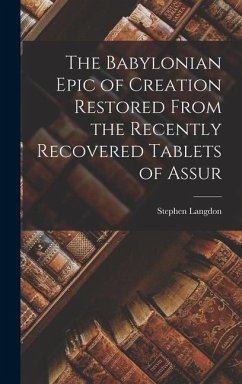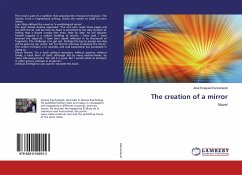
The creation of a mirror
Novel
Versandkostenfrei!
Versandfertig in 6-10 Tagen
16,99 €
inkl. MwSt.

PAYBACK Punkte
8 °P sammeln!
The novel is part of a tradition that proposes the renewal of literature. The author, from a fragmentary writing, invites the reader to build his own mirror.Juan Filloy defined the novel as "a worldological mirror".The poet Daniel Andina expressed: "The one who reads these pages will mix with the air, will see how his heart is submitted to the risky torment of feeling that a dream crosses him; then, little by little, he will discover himself trapped in a radiant dwelling of mirrors. I have read. I have entered the labyrinth. I have seen myself reflected in its thousands of fragments. The chall...
The novel is part of a tradition that proposes the renewal of literature. The author, from a fragmentary writing, invites the reader to build his own mirror.Juan Filloy defined the novel as "a worldological mirror".The poet Daniel Andina expressed: "The one who reads these pages will mix with the air, will see how his heart is submitted to the risky torment of feeling that a dream crosses him; then, little by little, he will discover himself trapped in a radiant dwelling of mirrors. I have read. I have entered the labyrinth. I have seen myself reflected in its thousands of fragments. The challenge is to get out. Perhaps the key to escape one day will be given by our writer, but for that he will have to destroy the mirror. The writer's function is to unsettle, and José Kameniecki has succeeded in doing so.Marco Denevi: "It's a work without ancestors, without parents, without family, a book born of itself, although fed by many mother-books, by many milk-loving books. You call it a novel. But I would admit its inclusion in other genres, perhaps in all genres". Artificial intelligence was used to translate this book.



